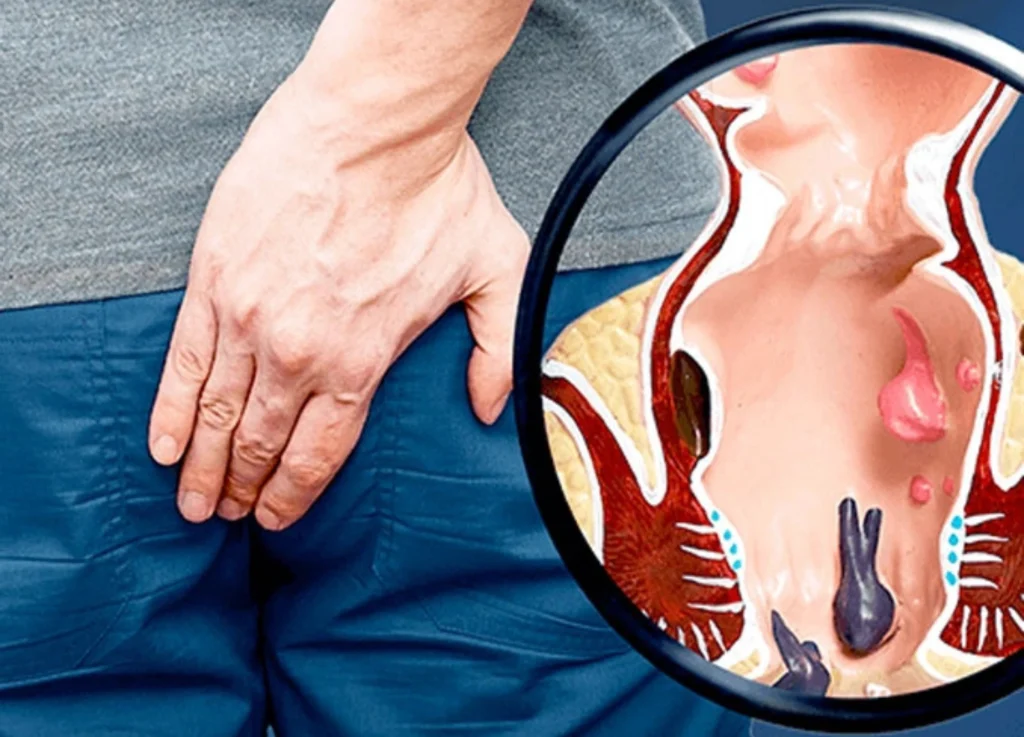What Causes a Fistula? Common Triggers and Prevention Tips
An Anal Fistula Explained: Understanding the Root Cause to Prevent Future Discomfort. An anal fistula is a small tunnel that develops between the end of the bowel and the skin near the anus. It’s a condition that can be both painful and persistent, often causing significant discomfort and distress. While the symptoms can be alarming, understanding what causes a fistula is the first step toward effective treatment and, more importantly, prevention. The Primary Cause: An Infected Anal Gland In most cases—over 90%—a fistula develops as a complication of an anal abscess. Your anal canal is lined with tiny glands that produce mucus. Sometimes, these glands can become blocked and get infected, leading to the formation of a pocket of pus called an abscess. If this abscess isn’t treated promptly, it can swell and eventually burst through the skin near the anus to drain the pus. The small tunnel that forms as a result of this bursting and drainage is what becomes the fistula. Essentially, the fistula is the chronic pathway left behind by a healed, or partially healed, abscess. Common Triggers and Risk Factors While the infected anal gland is the direct cause, several underlying conditions and factors can increase your risk of developing an abscess in the first place, thus making you more susceptible to a fistula. 1. Chronic Inflammatory Bowel Conditions: Conditions like Crohn’s disease and ulcerative colitis are significant risk factors. Crohn’s disease, in particular, causes chronic inflammation throughout the digestive tract, which can lead to abscesses and fistulas in the anal area. The chronic inflammation can damage the intestinal lining and tissues, making them more prone to infection and tunnel formation. 2. Trauma and Injury: Any form of trauma to the anal canal can create an entry point for bacteria and lead to infection. This can include: 3. Other Underlying Medical Conditions: 4. Lifestyle and Diet: While not direct causes, certain lifestyle factors can contribute to conditions that increase your risk: Understanding the Signs of a Fistula Recognizing a fistula early can help prevent it from becoming more severe. Some common signs include: Prevention Tips: Reducing Your Risk While you can’t prevent every case, you can take proactive steps to significantly lower your risk of developing a fistula. 1. Manage Constipation and Diarrhea: 2. Practice Good Hygiene: 3. Don’t Ignore an Anal Abscess: 4. Manage Underlying Health Conditions: 5. Avoid Straining: Conclusion: A Path to Lasting Relief Understanding what causes a fistula empowers you to take control of your health. While the primary cause is an infected anal gland, being aware of the triggers and taking preventive measures can make a significant difference. If you are experiencing any of the signs of a fistula, it is crucial to seek a specialist’s advice. We offer advanced, non-surgical treatment options that provide a safe and effective path to permanent healing without the risks of traditional surgery. Don’t suffer in silence—let us help you find a lasting solution.


